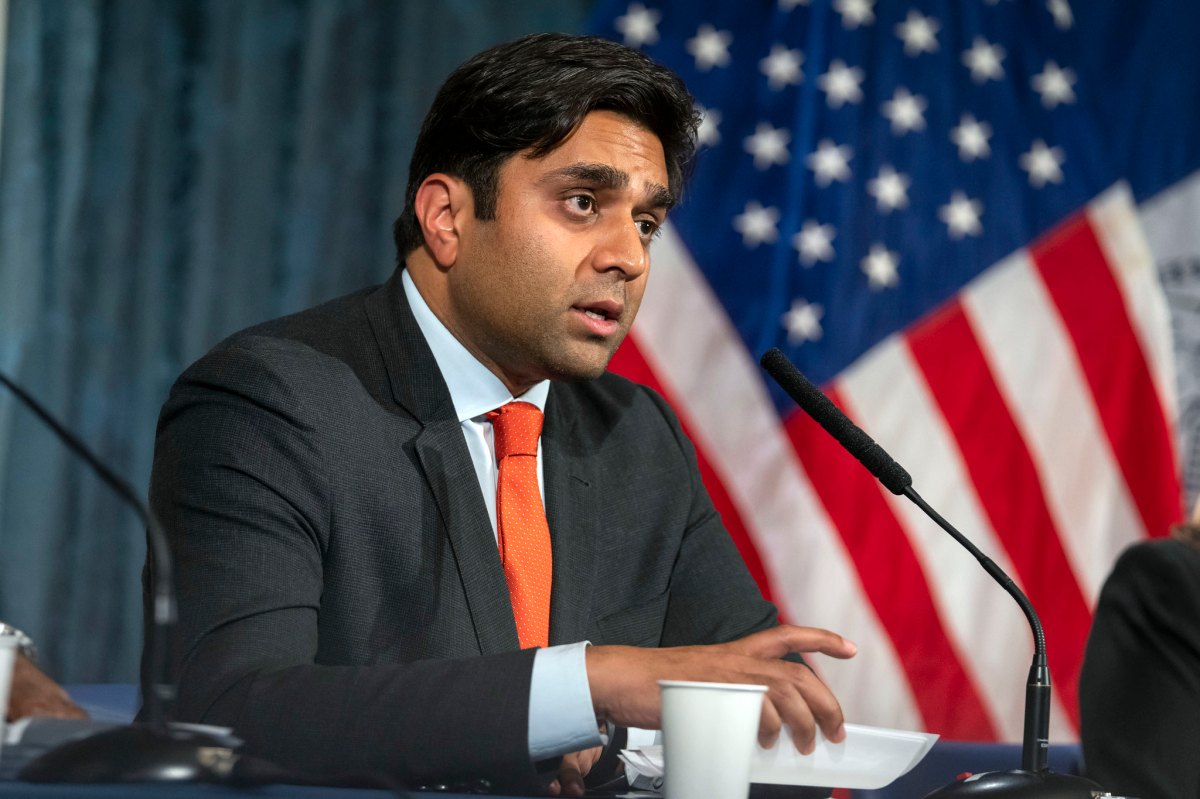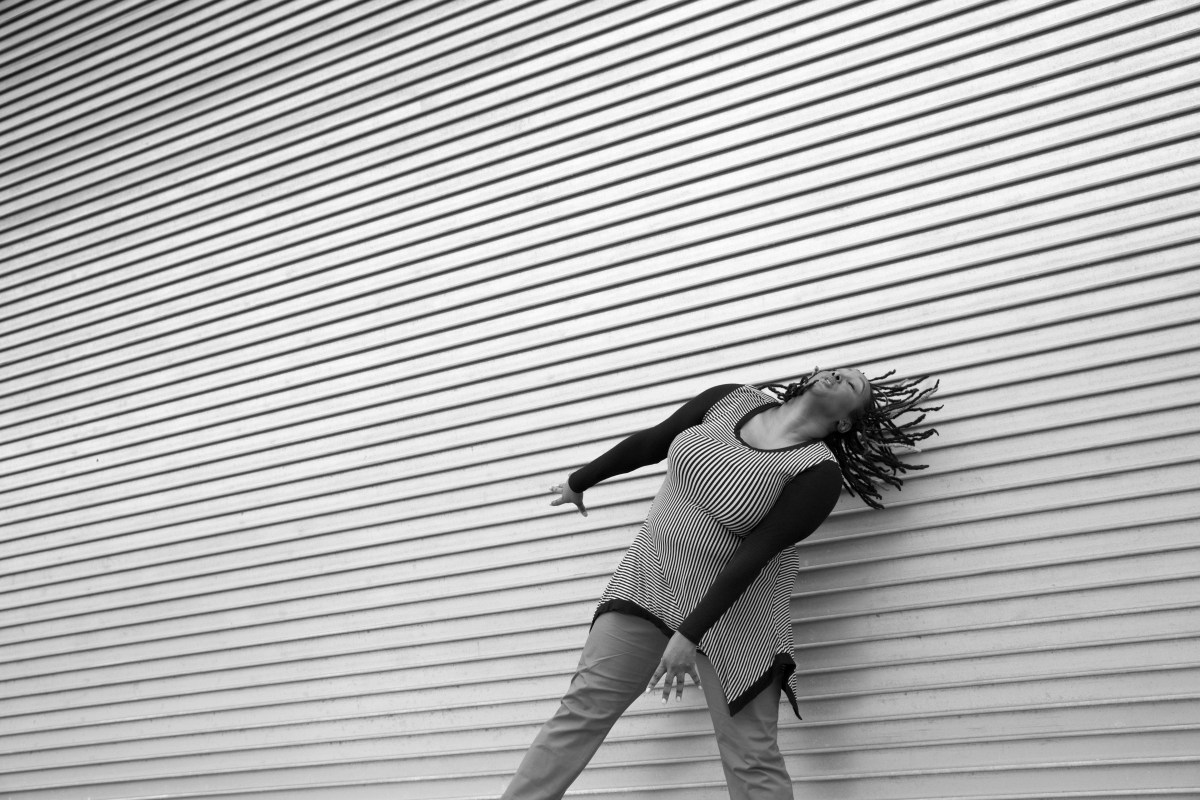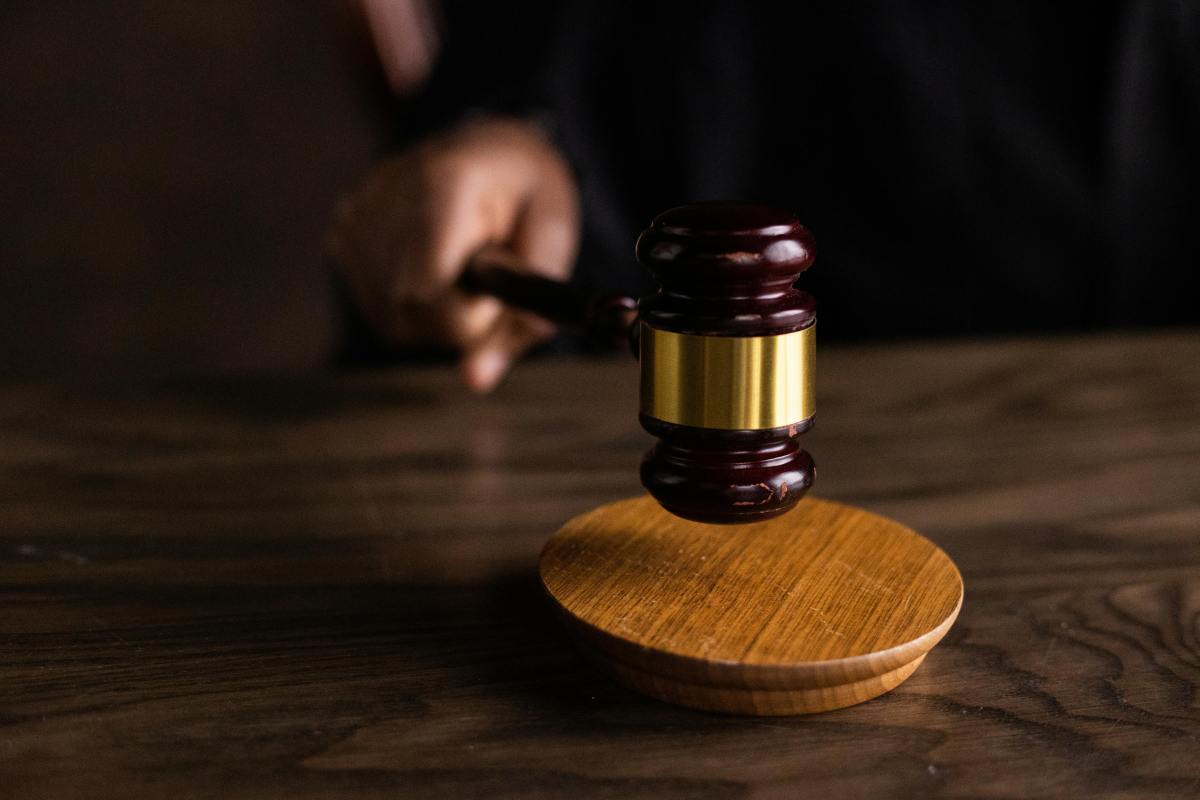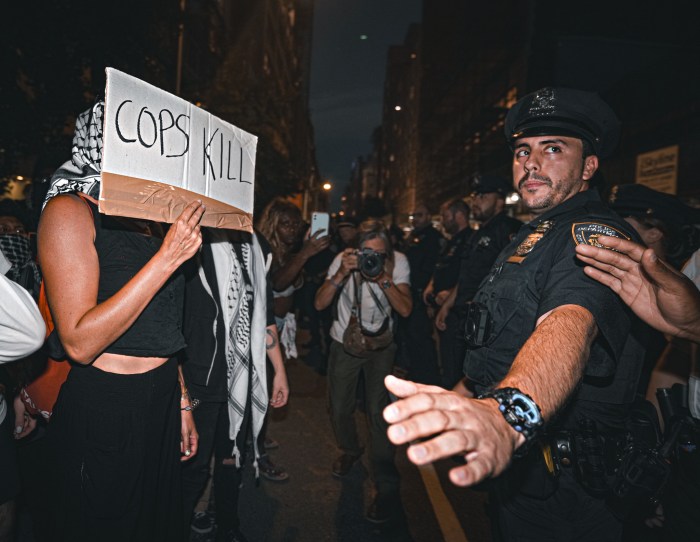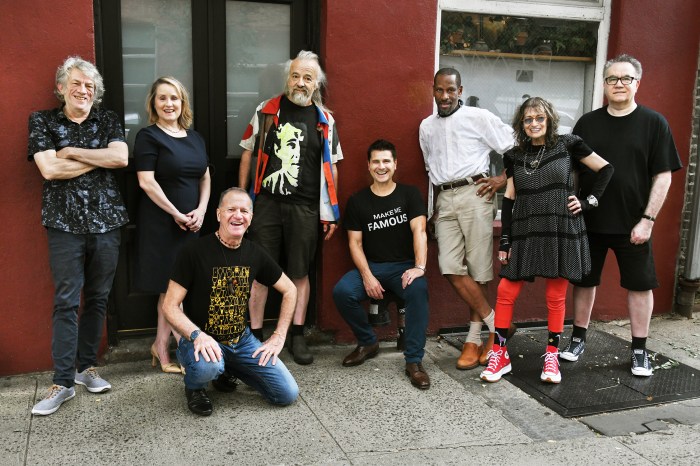By Arthur Z. Schwartz
Last week Lincoln Anderson, The Villager’s associate editor, asked me to write a piece, as a veteran of Columbia University building occupations long ago (and a father of four, including two in college), about the recent spate of building occupations at The New School and New York University. Here it is.
I was a student at Columbia from 1970 to 1974, long before Barack Obama made his appearance on campus. While at Columbia, I was arrested three times, took part in one building blockade and then occupation in 1972, and did sit-ins in various offices a number of times. It was a different era — the Vietnam War was more horrific than the horrors now committed in the name of democracy in Iraq. The government of Richard Nixon made Bush Jr.’s excesses look like strolls in the park. Black activists were gunned down, antiwar leaders were framed, the government spied on everyone.
I took part in a building occupation in April 1972, after the U.S. began to bomb Hanoi and mine its harbors and invaded Cambodia. Thousands of students rallied at Barnard College, and our congresswoman, Bella Abzug (who we shared with the Village), urged us to “Do what you have to do.” The university went “on strike” for a week, with picket lines in front of buildings and demands that Columbia stop accepting grant money from the Defense Department. After a week of picketing, the N.Y.P.D., who hated the “rich” students (tuition was $1,500 that year), chased us away from the buildings; so we took them over, chaining the doors to seven buildings.
Over the next week, as the activists spent their days inside, classes started to meet again. At first, I was exhilarated, writing a long tome, which I still have, about my willingness finally to sacrifice my privileged life (I was the child of two doctors), my future career and my freedom for a cause. But we watched as classmates — without 500 organizers in their midst — began to worry about papers and finals, and after four days, we marched out and did the same. I never got into much trouble for my actions — our legal team, led by William Kunstler and Gus Reichbach, a young lawyer who had occupied a building in 1968 and had been charged with riot (and who is now a New York State Supreme Court judge), got Columbia to back off by the next fall.
We were protesting war and racism, and were upset that our university, in which we felt an ownership stake, did so much to support the United States’ imperial designs.
Were our protests a good thing? Probably. We changed the landscape at our school, leaving it a place that helped shape Barack Obama 10 years later. Were we righteous? You bet. And Columbia’s law graduates and Business School graduates still play major roles as kings of the financial world, which has done the world so much wrong. Did it impact my life? It did — it pushed me on the path I have followed ever since, lawyer for protesters, lawyer for workplace whistle blowers, lawyer for union activists, lawyer for transit strikers and now general counsel for ACORN, the right’s favorite target.
But as a tactic, building occupations stink. They cut organizers off from those they need to reach. Righteousness doesn’t always change the world. People do. Sometimes an act of civil disobedience will spark a popular movement. But the groundwork has to be set, networks created, anger and commitment stoked. But just making statements doesn’t change anything. I learned that as I sat in a building and watched fellow students trudge to class as though nothing was going on. In fact, if it weren’t for The Villager, very few outside the university community would have known what was going on.
To my friends at The New School and N.Y.U., I say this: I applaud your passion and your courage. Your universities don’t respect their students or their faculty, particularly the graduate faculty who make up so much of their work force.
But don’t get caught up in symbolic statements which, in the end, accomplish nothing more than getting you kicked out of school. You can bug Bob Kerrey and the ivory tower brass at N.Y.U. far more creatively. And you can and must build support — if your issues are clear and well spelled out — and compel coverage beyond The Villager. If you don’t do that, you won’t get anywhere.
We live in an era where passion around the same issues, from thousands of young people, turned the dream of an Obama presidency into a reality. We helped get that job done. But we’ve got a long way to go before we rest.
Schwartz is general counsel for ACORN and the American Institute for Social Justice, and is Democratic state committeeman for Greenwich Village, Soho and Tribeca.









